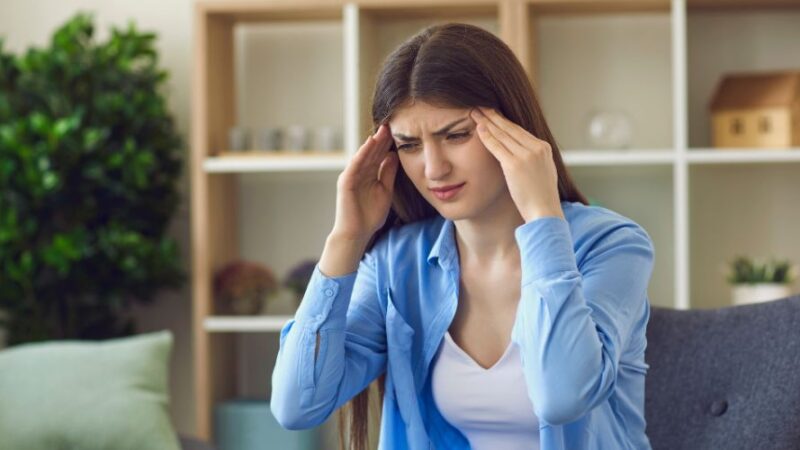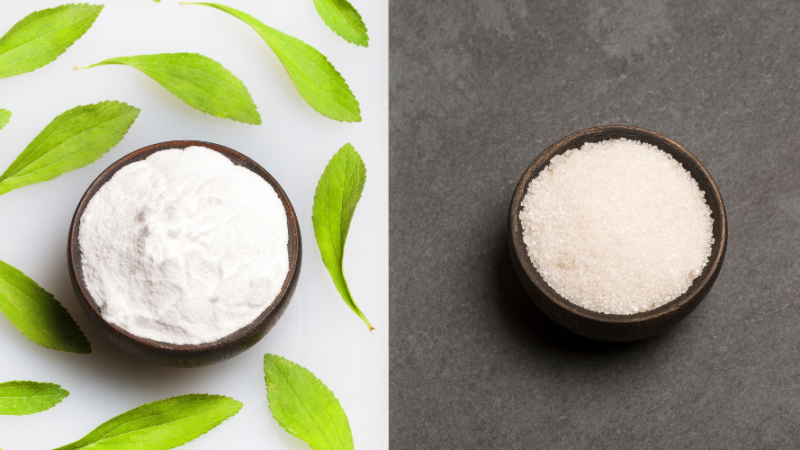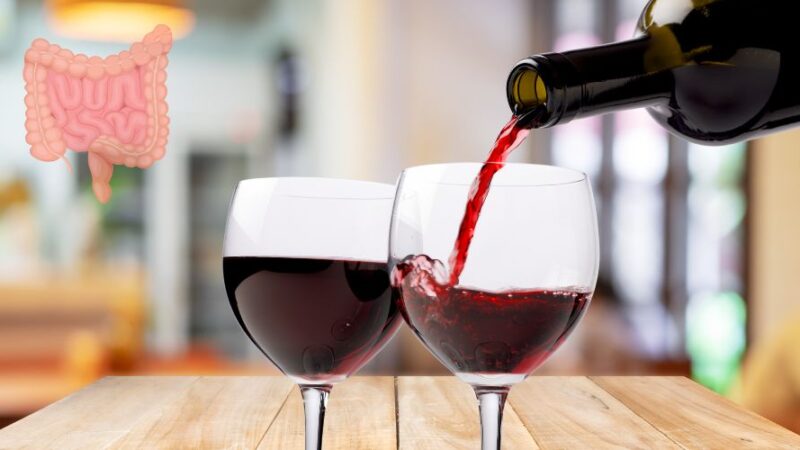Effective Ways to Detoxify Your Liver

The liver is a vital organ responsible for detoxifying harmful substances and metabolizing nutrients. Over time, factors such as poor diet, excessive alcohol consumption, medication use, and environmental toxins can burden the liver and impair its function.
What Does the Liver Do?
The liver is a vital organ located in the upper right side of the abdomen, just beneath the diaphragm. It performs a wide range of essential functions that are crucial for overall health and well-being. Here are some of the primary functions of the liver:
- Metabolism: The liver plays a central role in metabolism, which involves converting nutrients from the food we eat into energy and essential molecules that the body needs to function. It metabolizes carbohydrates, proteins, and fats, and regulates glucose levels in the bloodstream.
- Detoxification: One of the liver’s most important functions is detoxification. It filters and removes toxins, waste products, drugs, alcohol, and other harmful substances from the bloodstream, preventing them from circulating throughout the body and causing damage.

- Bile Production: The liver produces bile, a greenish-yellow fluid that aids in the digestion and absorption of fats. Bile is stored in the gallbladder and released into the small intestine to emulsify fats and facilitate their breakdown by digestive enzymes.
- Storage: The liver serves as a storage site for various nutrients, vitamins, and minerals, including glycogen (the stored form of glucose), vitamins A, D, E, and K, and iron. It releases these stored substances into the bloodstream as needed to maintain optimal levels in the body.
- Synthesis of Proteins: The liver synthesizes proteins that are essential for various physiological processes, including blood clotting, immune function, and maintaining fluid balance. These proteins include albumin, which helps regulate blood volume and pressure, and clotting factors, which are necessary for blood coagulation.
- Regulation of Cholesterol: The liver helps regulate cholesterol levels in the body by producing cholesterol and converting excess cholesterol into bile acids for excretion. It also removes LDL (low-density lipoprotein) cholesterol from the bloodstream, helping to prevent the buildup of plaque in the arteries.
- Immune Function: The liver plays a critical role in the body’s immune system by filtering out bacteria, viruses, and other pathogens from the bloodstream. It also produces immune factors and proteins that help defend against infections and foreign invaders.
Signs of an Unhealthy Liver
Recognizing signs of an unhealthy liver is crucial for early intervention and maintaining overall health. Here are some common signs and symptoms that may indicate liver dysfunction:
- Fatigue: Persistent fatigue or tiredness, even after adequate rest, can be a sign of liver dysfunction. The liver plays a key role in energy metabolism, and impaired liver function can lead to reduced energy levels.
- Jaundice: Jaundice is a yellowing of the skin and eyes caused by elevated levels of bilirubin in the bloodstream. It can occur when the liver is unable to properly process and excrete bilirubin, resulting in a buildup that manifests as yellow discoloration.
- Abdominal Pain and Swelling: Pain or discomfort in the upper right side of the abdomen, as well as abdominal swelling or bloating, can indicate liver inflammation or enlargement. This may be due to conditions such as fatty liver disease, hepatitis, or liver cirrhosis.

- Digestive Issues: Digestive problems such as nausea, vomiting, diarrhea, or constipation may occur when the liver is unable to produce enough bile or properly metabolize nutrients. This can lead to disruptions in digestion and nutrient absorption.
- Dark Urine: Dark urine that appears brownish or tea-colored may indicate liver dysfunction. This discoloration can result from the presence of bilirubin or other waste products that are not properly excreted by the liver.
- Pale or Clay-Colored Stools: Stools that are pale or clay-colored may suggest a lack of bile production or obstruction of bile flow from the liver to the intestines. This can indicate liver or bile duct issues that require medical attention.
- Itchy Skin: Persistent itching or pruritus, especially without an obvious cause such as dry skin or allergies, may be a sign of liver disease. Elevated levels of bile salts in the bloodstream can cause itching by irritating the skin.
- Easy Bruising and Bleeding: Impaired liver function can lead to decreased production of clotting factors, which can result in easy bruising or prolonged bleeding from minor cuts or injuries.
- Unexplained Weight Loss: Significant and unexplained weight loss may occur in individuals with advanced liver disease, such as liver cirrhosis. This can be due to a combination of factors, including decreased appetite, malabsorption of nutrients, and metabolic changes.
- Fluid Retention: Fluid retention, particularly in the abdomen (ascites) or legs (edema), can occur when the liver is unable to properly regulate fluid balance. This may be accompanied by swelling and discomfort.
Ways to Detoxify Your Liver
Detoxifying the liver is essential for maintaining overall health and vitality. In this comprehensive guide, we’ll explore five effective ways to support liver detoxification and promote optimal wellness.
Adopt a Liver-Friendly Diet
- Incorporate nutrient-rich foods: Emphasize fruits, vegetables, whole grains, lean proteins, and healthy fats in your diet. These foods provide essential vitamins, minerals, antioxidants, and fiber to support liver function and overall health.
- Limit processed foods: Reduce your intake of processed foods high in refined sugars, unhealthy fats, and additives. These substances can strain the liver and contribute to inflammation and oxidative stress.
- Choose organic when possible: Opt for organic produce and meats to minimize exposure to pesticides, hormones, and antibiotics, which can burden the liver.
- Hydrate with water: Stay adequately hydrated by drinking plenty of water throughout the day. Proper hydration supports liver function and helps flush out toxins from the body.
Supportive Supplements
- Milk thistle: This herb contains active compounds such as silymarin, which have been shown to protect and regenerate liver cells, as well as promote detoxification pathways.
- Dandelion root: Dandelion root stimulates bile production and flow, aiding in the digestion of fats and the elimination of toxins from the liver.
- Turmeric: Curcumin, the active compound in turmeric, exhibits potent anti-inflammatory and antioxidant properties, supporting liver health and detoxification.
- N-acetylcysteine (NAC): NAC is a precursor to glutathione, a powerful antioxidant that plays a key role in liver detoxification and cellular protection.
- Vitamin E: This fat-soluble vitamin acts as an antioxidant, helping to neutralize free radicals and reduce oxidative stress on the liver.

Practice Healthy Lifestyle Habits
- Exercise regularly: Engage in moderate-intensity exercise such as brisk walking, cycling, or swimming to promote blood circulation, enhance metabolism, and support liver function.
- Manage stress: Chronic stress can negatively impact liver health by increasing inflammation and cortisol levels. Practice stress-reducing activities such as meditation, yoga, deep breathing exercises, or spending time in nature.
- Get adequate sleep: Aim for 7-9 hours of quality sleep per night to allow the body to repair and regenerate tissues, including the liver. Establish a consistent sleep schedule and create a relaxing bedtime routine to promote restful sleep.
Reduce Toxin Exposure
- Limit alcohol consumption: Excessive alcohol intake can cause liver damage and impair detoxification processes. Practice moderation or abstain from alcohol altogether to protect liver health.
- Avoid environmental toxins: Minimize exposure to environmental pollutants such as air and water contaminants, household chemicals, and heavy metals. Use natural cleaning products, filter your drinking water, and avoid products containing harmful chemicals.
Consider Liver Cleansing Techniques
- Liver cleanse protocols: Explore various liver cleanse protocols, such as juice fasts, herbal detox teas, or specific dietary regimens designed to support liver detoxification. Consult with a healthcare professional before starting any cleanse to ensure safety and effectiveness.
- Castor oil packs: Applying castor oil packs to the abdomen can help stimulate circulation, reduce inflammation, and support liver detoxification. Follow proper guidelines for preparing and using castor oil packs for optimal results.:
Can cleansing the liver help you lose weight?
Cleansing the liver is often promoted as a way to improve overall health and well-being, but its direct impact on weight loss is not entirely clear. While a healthy liver is essential for efficient metabolism and fat breakdown, there is limited scientific evidence to support the idea that liver cleansing alone leads to significant weight loss.
However, supporting liver health through lifestyle changes such as adopting a nutritious diet, staying hydrated, exercising regularly, managing stress, and reducing toxin exposure can indirectly contribute to weight loss. A healthy liver is better equipped to metabolize fats and toxins, which may support overall metabolic function and promote weight management.
Additionally, some liver cleanse protocols may involve dietary restrictions or fasting, which can lead to temporary weight loss due to calorie restriction. However, any weight loss experienced during a cleanse is often water weight or loss of glycogen stores rather than fat loss.
Recommended – Why am I Not Losing Weight?
Signs Of Liver Detox Working
Signs of a liver detox working can vary from person to person, but there are several common indicators that may suggest the detoxification process is underway:
- Increased Energy: As the liver eliminates toxins and metabolic waste from the body more efficiently, you may experience a boost in energy levels and overall vitality.
- Improved Digestion: A functioning liver plays a crucial role in bile production, which aids in the digestion and absorption of fats. If your liver detox is working effectively, you may notice improvements in digestion, such as reduced bloating, gas, and indigestion.
- Clearer Skin: The liver helps remove toxins from the bloodstream, which can positively impact skin health. During a liver detox, you may notice clearer skin, reduced acne breakouts, and a more radiant complexion.
- Decreased Bloating: Excess toxins and waste buildup in the liver can contribute to bloating and fluid retention. As the liver detoxifies, you may experience reduced bloating and water retention, leading to a flatter stomach and improved comfort.
- Enhanced Mental Clarity: Toxins can impair cognitive function and mental clarity. As the liver detoxifies and removes toxins from the body, you may experience sharper focus, improved concentration, and a clearer mind.
- Better Mood: Detoxifying the liver can also have a positive impact on mood and emotional well-being. Many people report feeling happier, calmer, and more balanced as toxins are eliminated from the body.
- Changes in Bowel Movements: During a liver detox, you may notice changes in bowel habits, such as more regular bowel movements or changes in stool consistency. This can be a sign that the body is effectively eliminating waste and toxins.
It’s important to note that while these signs may indicate that your liver detox is working, they are not definitive proof of liver detoxification. Additionally, some people may experience detox symptoms such as headaches, fatigue, or nausea as the body eliminates toxins, which should subside as the detoxification process progresses.






